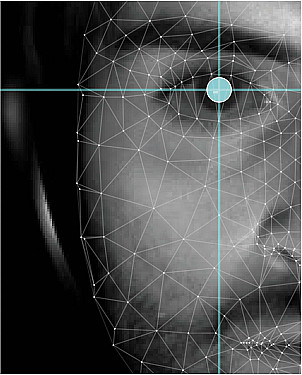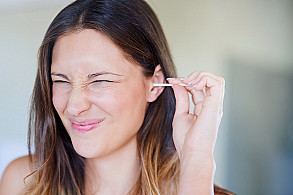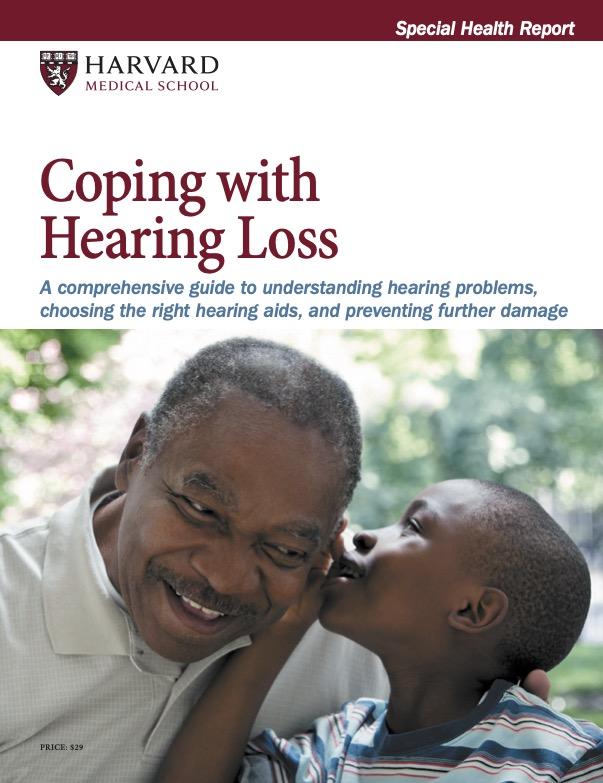Tips to manage tinnitus
Treating underlying causes, practicing mindfulness, and living a healthy lifestyle may help reduce the volume and distress.

The distant peal of bells from a town square or church can be a lovely and even comforting sound. The ringing of tinnitus in your ears is quite the opposite. The internal high-pitched ringing, whooshing, or hissing noise can cause great distress.
"Having tinnitus can make it hard to concentrate, reduce sleep quality, and cause irritability, nervousness, anxiety, depression, or feelings of hopelessness. This, in turn, can lead to mental, physical, and social repercussions, causing people to withdraw from the company of others," says Emma Alscher, an audiologist at Harvard-affiliated Massachusetts Eye and Ear.
While it's not always possible to eliminate tinnitus, the following strategies may help ease symptoms.
Check for underlying conditions. Tinnitus is often seen in people with hearing loss. It also can be a side effect of some medicines. In rare cases, it's caused by a tumor involving the nerve responsible for hearing. See an ear, nose, and throat specialist who can diagnose the cause of your tinnitus and perhaps help you reverse or alleviate it.
Learn your triggers. Write down the circumstances when tinnitus symptoms bother you. "It helps you to anticipate, prevent, and change situations that may make tinnitus worse," Alscher points out. For example, some people feel their tinnitus worsens after drinking alcohol or caffeinated drinks, although there's little evidence that alcohol or caffeine cause tinnitus very often.
Get hearing aids. "If you have hearing loss, there's a good chance that hearing aids will both provide some relief for your tinnitus and help you hear better," Alscher says.
Try a masking device. This device looks like a hearing aid and produces sounds (such as nature sounds) that make tinnitus seem quieter. "The sound distracts the brain, and tinnitus symptoms become easier to tolerate. If you have hearing loss as well as tinnitus, the masking device and hearing aid may operate together as one instrument," Alscher says. "Many such combination instruments also have Bluetooth streaming capabilities, so you can find a unique sound you prefer and stream the sound directly to your hearing instrument."
Do-it-yourself sound maskingYou don't always need a fancy ear device to mask tinnitus sounds. Playing music or "white noise" helps distract your brain, so you pay less attention to the tinnitus. It's especially helpful at night, when it's quiet and tinnitus can interfere with sleep. "Using a bedside sound generator or a fan can help people with tinnitus fall asleep easier and reduce tinnitus distress. You can also use the sound machine during the day," says Emma Alscher, an audiologist at Harvard-affiliated Massachusetts Eye and Ear. Earbuds or headphones will also do the job. "It's just individual preference," Alscher says. "But we don't recommend noise-canceling headphones or earbuds, as they cancel out ambient and background noise, both of which can be helpful for tinnitus." |
Exercise. "Regular physical activity can reduce the frequency and intensity of tinnitus, and the distress it causes, in some people," Alscher says. "And higher levels of physical activity can improve overall health and the quality of your sleep, both of which can help you cope with tinnitus."
Try mindfulness. "A program called Mindfulness Based Tinnitus Stress Reduction builds skills in deep breathing, yoga, relaxation, and meditation to help a person to deal with tinnitus," Alscher says. "Mindfulness programs have been shown to reduce depression and anxiety while improving social functioning and overall mental health in people with tinnitus."
Try cognitive behavioral therapy (CBT). CBT helps you identify negative thoughts about tinnitus and reframe the way you think about and react to tinnitus. CBT is often used in conjunction with mindfulness.
Join an online tinnitus support group. "These groups can promote feelings of hope and control. Members often share strategies they have found successful in dealing with their tinnitus," Alscher says. You can find these groups on Facebook (search for "tinnitus support") or at the American Tinnitus Association (www.ata.org; click on "Support.").
Consider giving tinnitus retraining therapy a try. This therapy uses counseling and sound masking to help the brain relearn hearing patterns so tinnitus is less noticeable.
Reduce stress. Being stressed out may increase your perception of tinnitus and increase your reaction to it. We have lots of suggestions for reducing stress.
Stay socially active. Sometimes tinnitus can become so unbearable that it leads to isolation, loneliness, and a focus on tinnitus symptoms. Make it a point to spend time with people whose company you enjoy, even if it's just a text or phone call. The exchange will take the focus away from tinnitus and improve your feelings of well-being, hope, and happiness.
Image: © Six_Characters/Getty Images
About the Author

Heidi Godman, Managing Director
Disclaimer:
As a service to our readers, Harvard Health Publishing provides access to our library of archived content. Please note the date of last review or update on all articles.
No content on this site, regardless of date, should ever be used as a substitute for direct medical advice from your doctor or other qualified clinician.
















